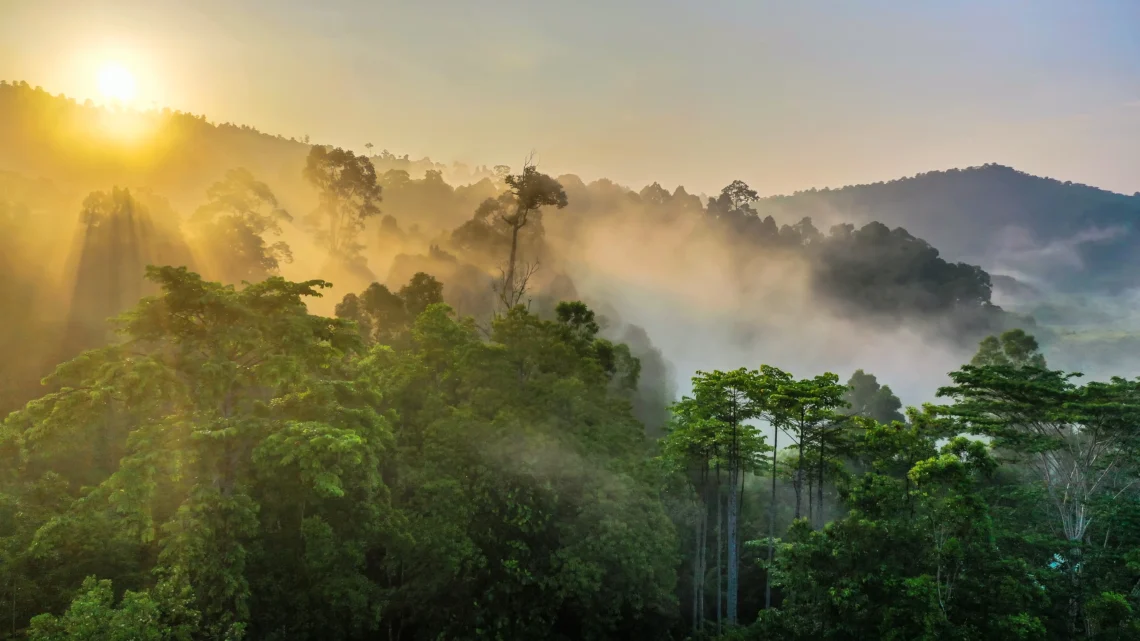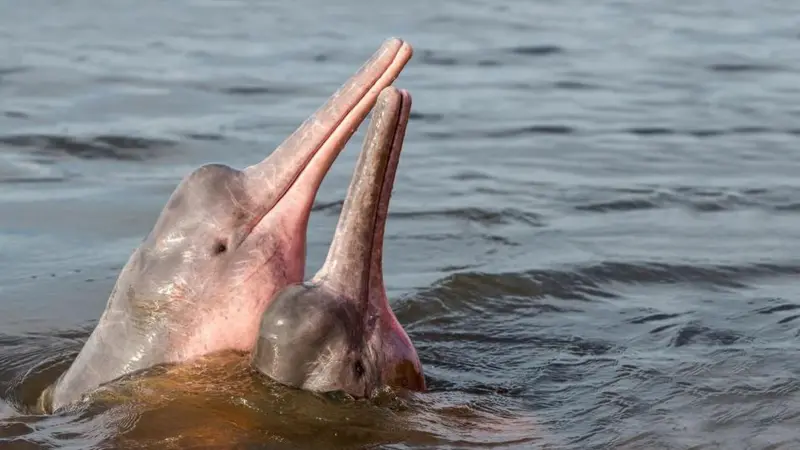
“Be aware that this is now a fundamental threat to humanity and we’ve really got to do something now.”
“Be aware that this is now a a fundamental threat to humanity”. This a stark warning to every being on this planet that we must act now. If we don’t we wont be here very much longer. There is now no doubt that this period of Earth’s history must be called the Anthropocene and that is is likely to be the shortest era in over 400 billion years. If we don’t act now we are heading for mass extinctions, rapid further warming of the climate, unprecedented migration of displaced populations and weather related natural disasters.
Wars will certainly ensue, mass starvation and disease will become normal across the whole planet and our race will either diminish almost entirely or vanish. Complex unpolluted habitats and structured environments are critical to maintain temperature and water in the environment. Monocultures in food production have only existed for a little over a hundred years and they are proving disastrous for the environment.
Our critical situation at this moment in time makes farmers across the globe the most important beings on the planet. We must support them in a period of rapid adaptation and change. Nature must also be given space and an unpolluted environment to “breathe”. We have to remove pressure on our scarce resources of land and water to deal with this, a fundamental threat to humanity.

A Fundamental Threat to Humanity What’s the problem?
Human activity is continuing to drive what conservation charity the World Wide Fund for Nature (WWF) calls a “catastrophic” loss of species.
From elephants in tropical forests to hawksbill turtles off the Great Barrier Reef, populations are plummeting, according to a stocktake of the world’s wildlife.
The Living Planet Report, external, a comprehensive overview of the state of the natural world, reveals global wildlife populations have shrunk by an average of 73% in the past 50 years.
The loss of wild spaces was “putting many ecosystems on the brink”, WWF UK head Tanya Steele said, and many habitats, from the Amazon to coral reefs, were “on the edge of very dangerous tipping points”.
Victoria Gill and Helen Briggs
Science correspondents, BBC News
A World with no Biodiversity is a Fundamental Threat to Humanity
The report is based on the Living Planet Index of more than 5,000 bird, mammal, amphibian, reptile and fish population counts over five decades.
Among many snapshots of human-induced wildlife loss, it reveals 60% of the world’s Amazon pink river dolphins have been wiped out by pollution and other threats, including mining and civil unrest.Eleanor Harris (American, 1901-1942)
